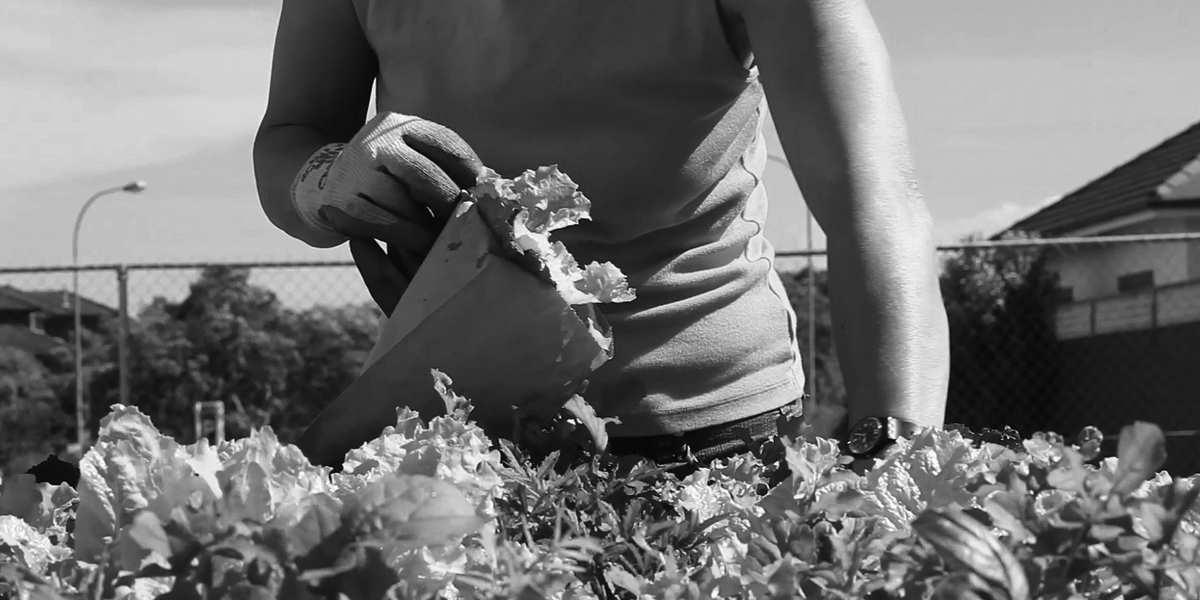Why we should empower communities to protect nature
The rise in Green party membership has been big political news recently, putting environmental issues firmly on the election map. And while many appear to be drawn to the Green party’s apparent commitment to equality and fairness, as well as...
The rise in Green party membership has been big political news recently, putting environmental issues firmly on the election map. And while many appear to be drawn to the Green party’s apparent commitment to equality and fairness, as well as to their green policies, the irony is all three of these are the very issues that the Labour party has such a strong record – and growing offer on, as Maria Eagle outlined in a speech and article in the Huffington Post this week.
Because even before the Green party was founded, it was a Labour government in 1949 that created our national parks and set the framework to designate and protect areas of outstanding natural beauty. It was a Labour government that introduced the landmark Countryside and Rights of Way Act in 2000, which opened up new land for public access. And it was a Labour government that led the world with the 2008 Climate Change Act. Because as a party, we understand the importance of the natural environment and believe that it needs to be preserved – but not just for a privileged few.
And it’s an area where the coalition government have really let down voters. Despite their claims to be the ‘greenest government ever’, last year, the House of Commons’ Environmental Audit Committee published its environmental scorecard using a traffic light system to rate the government’s performance on a range of green policies – with the government scoring badly on almost everything from air pollution and biodiversity to coastal and flood protection. One thing they have managed to do is set up a Natural Capital Committee – its third report published last week told us that nature is in long-term decline.
It’s particularly sad for those of us at SERA, Labour’s environment campaign, who have been campaigning on environmental policy for some time. We know that decline is not inevitable – in fact the UK had clear plans to turn around biodiversity decline and were leading the world in tackling climate change up until 2010.
So how is Labour going to protect and enhance the natural environment when we also need to rebuild a nation and an economy? Just as the Labour government led the world on Climate Change with the Climate Change act and its annual carbon budgets, in this week’s speech, Shadow Environment Secretary Maria Eagle pledged to replicate this approach to the natural environment – putting in place a 25 year plan for the recovery of nature, with clear five year milestones to measure progress. She also announced that the next Labour government will give local communities the tools they need to protect and improve nature and will support changes to the CAP that makes sure that these valuable resources do more to protect the environment.
Bringing these policies to life, against currently difficult financial backdrop is going to challenging. But Labour set up our National Parks amidst even tougher spending constraints, so we can do it again. And it’s vital that a Labour government does. Because time is running out – not just for this coalition government, but for our environment too.

